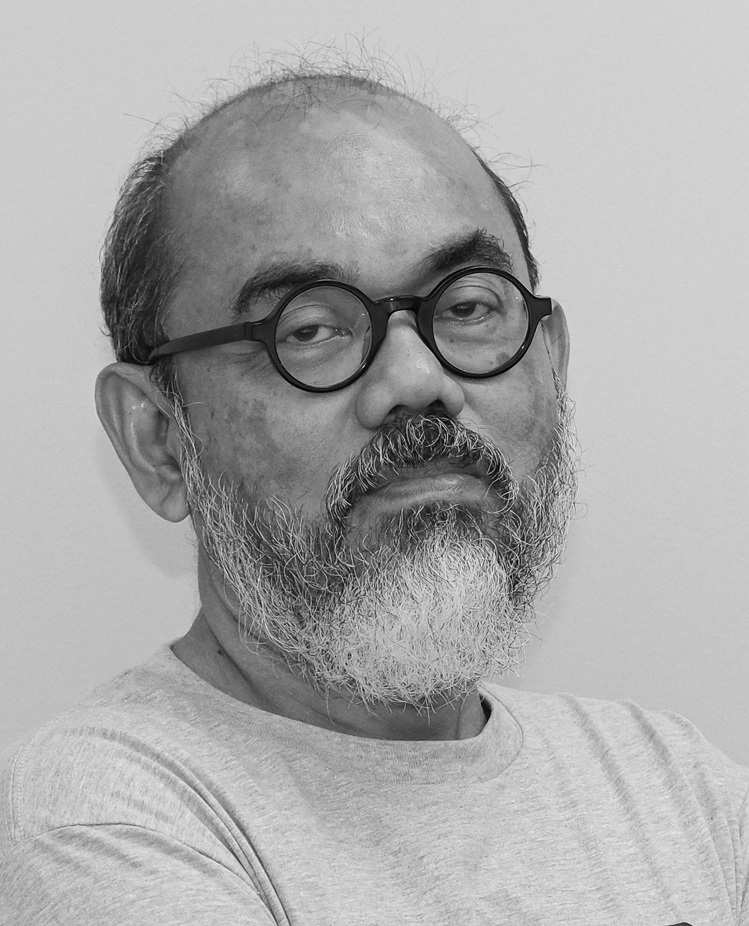ONE of the ironies of the halal certification is that many Middle Eastern tourists, presumably Muslims, do not patronise Malay or mamak restaurants because they do not have the document displayed at their premises.
Yet, most of these establishments do not see the need to certify the wholesomeness of their establishments as prescribed by the shariah, because they never needed to – of course they are halal.
Unless, of course, when halal-ness gets commoditised and politicised, which it inevitably will be.
When religious affairs minister Datuk Mohd Na’im Mokhtar floated the idea of mandatory halal certification for food outlets that do not serve alcohol or pork, it, unsurprisingly, got all kinds of reactions.
Those opposing, including Seputeh MP Teresa Kok, suggested that while it is a good idea, it should be voluntary for a host of reasons.
But because it came from Kok, a non-Muslim from the “anti-Islam” DAP, some politicians decided to make it their cause to castigate her. Reports were made against Kok for transgressing the 3R guideline, a catch-all shortcut on taboos for the subjects of race, religion and royalty.
There are a couple of issues here. Firstly, there needs to be a higher threshold before waving the 3R card. Not all opinions and discussions on these subjects should be seen to be threatening disharmony. Rational, thoughtful discourse should be encouraged and allegations of 3R breaches should not willy-nilly be used to silence opinions.
Secondly, of course, getting a halal certification should be a business decision and not a business requirement. As highlighted often, getting one is expensive, tedious and bureaucracy-laden.
Halal certification involves the auditing of the whole supply chain, not just what happens in the kitchen. It includes where the products are sourced, how they are sourced, handled, prepared, transported and stored, among other things. Not many can afford it, and it is often the case that big restaurants or chains would have the resources to do so.
If indeed a business wants to make itself an uncompromised halal destination, then it could invest in such certification. It will open it up to new opportunities and put it in good stead suggesting that it passed the rigours of getting certified.
If not, it will just have to pass the eye and common sense tests – if the owners or workers are Muslims, and if there are Muslim patrons, then presumably, it should be okay to assume that it is a halal establishment.
A blanket requirement would affect the aforementioned smaller Malay restaurants and cafes, or the ubiquitous mamak eateries that could not afford the process. If one were to impose the rule, none should be excluded regardless if the owners are Muslims or not.
The minister, when proposing the idea, might have not thought through his suggestion and the broad implications it has on business and enforcement. It must have sounded good and seemed to gel with his portfolio, yet his enthusiasm needed to be curbed lest it be an own-goal for team Madani. Apparently, it was not even discussed in the cabinet.
One of the basic premises of Islam is for the believer to avoid the forbidden or haram and indulge in the permissible or halal, and to abstain when in doubt. It clearly suggests the onus of the action to be on the self, to evaluate and navigate the rules of halal consumption when patronising a place or subscribing to a service.
The fact that there are places serving non-halal food is not, and should not be, an affront to Muslims or Islam. It is a fact of life, especially in a multi-cultural, multi-religious Malaysia. For you is your religion, and for me is my religion, says the Quran.
I personally look out for the halal certification when dining out – at home or abroad, and where there is none, I would make it a point to ask or employ the eye test. It is not the responsibility of the owners to make sure their food meets my religious needs.
A halal certification would obviously help, but one cannot outsource one’s religious obligations to Jakim, et al. – September 11, 2024
Datuk Zainul Arifin is chief executive officer of Big Boom Media which publishes Scoop. He is a veteran newsman of 40 years who has served as a correspondent in London and New York


